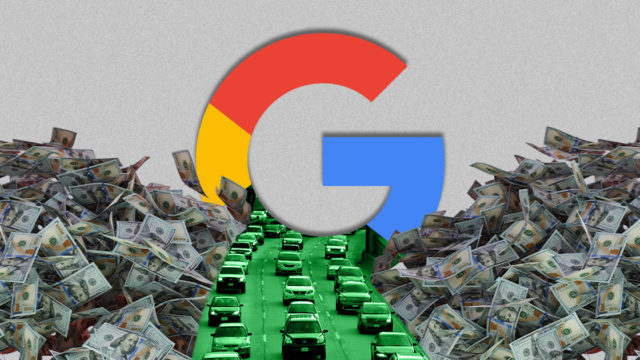In a shocking revelation, a recent United States antitrust lawsuit against Google has uncovered a series of emails exchanged between top executives from Google Search, Chrome, and Ads. These emails shed light on a scheme to increase ad revenues by manipulating search queries and compromising the user experience. This article delves deep into the details of these emails, highlighting the discussions, concerns, and potential consequences of these actions.
The Discovered Emails
The emails in question were exchanged in 2019 and feature high-ranking executives from Google Search, Chrome, and Ads. One of the key participants was Ben Gomes, who held the position of Senior Vice President of Search, News, Google Assistant, and Education. These emails challenge the long-standing claim that the Search Team operates independently from the Advertising side of the company.
Collaboration Between Search and Ads Teams
Contrary to Google’s assertions, the emails reveal a close collaboration between the Search and Ads teams. In one of the emails, a Google Ads executive, Jerry Dischler, discusses a plan to launch a new mobile layout that would significantly boost ad revenues. Dischler emphasizes the need for increased search queries from Chrome to achieve their quarterly revenue goals.
Concerns About Stock Price and Personal Fortunes
The executives express concerns about the impact of failing to meet revenue goals on Google’s stock price and their personal fortunes. Dischler acknowledges the potential negative consequences for employees living in high-cost areas and highlights the importance of maintaining high stock prices for employee morale and sales team performance.
The Firewall Between Search and Ads
While the emails indicate collaboration between the Search and Ads teams at an executive level, it’s important to note that the Search team itself expressed reluctance to engage in activities that could harm the user experience. Google has long maintained a firewall between the two sides, as emphasized by John Mueller, a Google Search representative, in a public statement.
Artificially Increasing Search Queries
Anil Sabharwal, a Chrome executive, discusses changes to search ranking and experiments aimed at increasing search queries. These changes, which were noticed by users and even mistaken for bugs, were intended to drive more traffic and ultimately boost ad revenues. Sabharwal refers to the efforts of the Chrome team as “heroic.”
The Quest for Ad Revenue
The emails also touch on the frustration felt by the Ads team regarding the separation between the Search and Ads sides. There were discussions about suggesting new goals for the Search team, focusing on monetizable queries and high-revenue countries. However, the Search team expressed concerns about compromising the search experience and creating unnatural search results driven solely by ad revenue.
Potential Consequences and Impact on Users
The discovered emails raise concerns about the potential impact on users and the integrity of Google’s search results. The discussions around increasing search queries and manipulating search rankings for ad revenue purposes could undermine the trust users have in Google’s search engine.
Implications for the Antitrust Lawsuit
These emails, which challenge Google’s narrative of a strict separation between Search and Ads, could have significant implications for the ongoing antitrust lawsuit against the tech giant. The revelations may provide evidence of anti-competitive behavior and raise questions about Google’s adherence to fair business practices.
Conclusion
The uncovered emails between Google Search, Chrome, and Ads executives shed light on a disturbing scheme to increase ad revenues. The discussions around manipulating search queries and compromising the user experience raise concerns about the integrity of Google’s search engine. As the antitrust lawsuit progresses, these emails could play a crucial role in determining whether Google engaged in anti-competitive practices. It remains to be seen how these revelations will impact the future of Google and the digital advertising industry as a whole.

No comments! Be the first commenter?